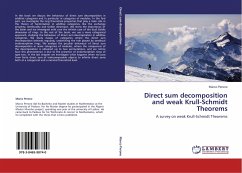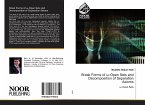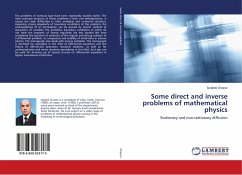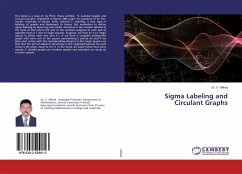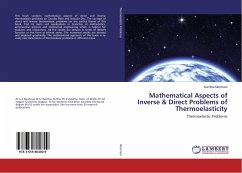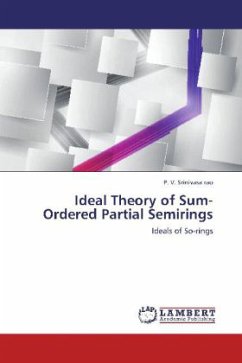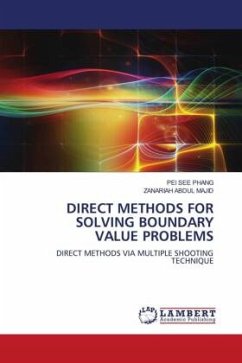In this book we discuss the behaviour of direct sum decomposition in additive categories and in particular in categories of modules. In the first part, we investigate the ring theoretical properties that play a main role in the theory of factorization in additive categories, like the exchange property, semilocality and Goldie dimension. We stress the importance of the latter and we investigate with care the infinite case of the dual Goldie dimension of rings. In the rest of the book, we use a more categorical approach, studying the behaviour of direct sum decomposition in additive categories. We study classes of categories where the direct sum decomposition behaves regularly, underlining the role played by semilocal endomorphism rings. We analyze the peculiar behaviour of direct sum decomposition in some categories of modules, where the uniqueness of the decomposition is obtained up to two permutations, and we notice how this phenomenon is due to the presence of endomorphism rings of type two. In the last chapter we investigate what happens when we pass from finite direct sum of indecomposable objects to infinite direct sums both at a categorical and a monoid theoretical level.
Bitte wählen Sie Ihr Anliegen aus.
Rechnungen
Retourenschein anfordern
Bestellstatus
Storno

